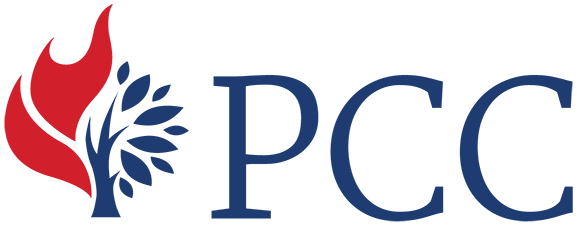July 3, 2020
Recently, the members of the National Indigenous Ministry Council met with the Moderator and some national office staff to discuss urgent issues of concern facing Indigenous communities in Canada. Violence against Indigenous people is among the most severe injustices that needs to be named and stopped. In scripture, God’s redemptive care is found in the law, the message of the prophets, and the life and ministry of Jesus Christ. These call for a transformation of the world from one of violence and exploitation to justice and love. God calls the church to seek and work for justice in the world which is seen when we strive to change customs and practices that oppress and harm others.
Racism against Indigenous people in Canada is systemic and operational in our institutions and societal structure. It works to advantage some, harm others and to divide peoples. Indigenous people have long said that law enforcement agencies have often enacted the systemic anti-Indigenous racism that shamefully exists in Canadian society. Recent incidents of violence, and in some cases death, suffered by Indigenous people during encounters with law enforcement, has brought urgent attention to the broken and mistrustful relationship between Indigenous communities and policing services. Where systemic racism within policing institutions is denied, the mistrust is compounded. Rodney Levi, Chantel Moore, Abraham Natanine, Regis Korchinski-Paquet, Stewart Kevin Andrews, Everett Patrick, Jason Collins, and Eishia Hudson—all eight Indigenous people—have died during encounters with police services just between April 8 and June 19. Two of these deaths, Chantel Moore and Regis Korchinski-Paquet, were even in the context of “wellness checks.” The church mourns these deaths and prays for the many people, families and communities connected to these tragic events.
These recent deaths are not isolated incidents; rather they are part of a pattern in Canada. The CBC has compiled a database of the 461 people killed by law enforcement between 2000 and 2017. While Indigenous people make up only 5% of Canadian population 15% of those killed were Indigenous.¹ In Winnipeg, Indigenous people comprise 10.6% of the population but represent two thirds of the deaths.
Because the problem of racism in Canada is not isolated to a few individuals or institutions but exists throughout Canadian society, the church is not immune to the racist systems that lead to violence and oppression. We have confessed our complicity in these systems (a link to a downloadable study guide on that Confession can be found here) but if the church is to counter racism in its own bodies, and in society at large, then we must stand with those who call it out and work for change. Faithful witness to God’s love and justice brooks no silence on this matter. Systemic violence against Indigenous people must stop. It must stop now.
Though the changes needed are complex and immense, neither the church nor the public is powerless to address this violence and brutality. One path forward, for example, is in the findings of the National Inquiry into Missing and Murdered Indigenous Women and Girls and the 231 recommendations of their Calls for Justice . These offer an action plan for many different levels of government and in society—including recommendations regarding policing. From what we have learned from that report, from the Truth and Reconciliation Commission’s Calls to Action, and through listening to the stories of Indigenous people in The Presbyterian Church in Canada, we:
- Condemn and call for an end to violence against Indigenous Peoples, whether through policing, other systemic means, or interpersonal racism; we encourage members of The Presbyterian Church in Canada and its courts to take similar action.
- Reaffirm that the United Nations Declaration on the Rights of Indigenous Peoples must be the framework for reconciliation going forward and we call on the government to table legislation similar to Bill C-262 to that effect. We also encourage members of The Presbyterian Church in Canada and its Sessions, presbyteries and synods to contact their members of Parliament and do the same.
- Encourage the members of The Presbyterian Church in Canada and its courts to read and study the Calls for Justice and the Calls to Action, to better understand the kinds of concrete actions that can be taken towards justice for Indigenous people, and reconciliation between Indigenous and non-Indigenous people in Canada. Study guides are forthcoming. A PCC study on racism and hate in Canada more generally, that includes a discussion of increased Indigenous and Black deaths in encounters with police, is available here.
- Encourage Presbyterians to do their own research about Indigenous history in Canada or take some Native Studies courses to try to understand the scope of what Duncan Campbell Scott referred to as “Canada’s Indian problem” (see more here ).
These steps alone are not enough to bring healing and the justice we are called to live out, but they are concrete and good steps toward doing so. June is National Indigenous history month in Canada, but action is needed all year long; we invite the church to renew its efforts and commit to listening and learning how we can all, Indigenous and non-Indigenous alike, faithfully advocate for reconciliation.
¹ Jacques Marcoux and Katie Nicholson, “Deadly force: Fatal encounters with police in Canada: 2000-2017”, CBC


